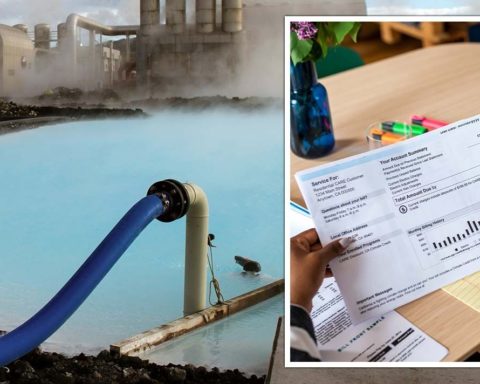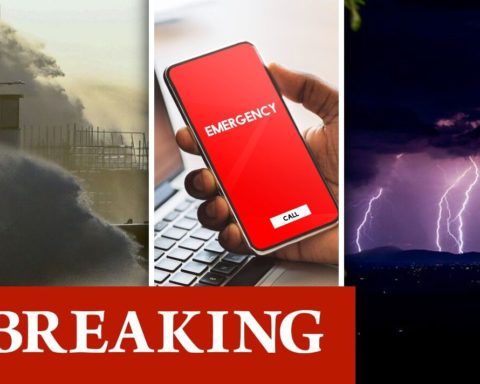Renewable energy, like wind, solar, and geothermal power are rapidly gaining popularity, as countries begin to decarbonise their energy system to both honour their climate pledges and avoid the harsh shocks created by the fossil fuel energy crisis. However, while renewable energy is seen as a climate solution, the installation of such technologies could create further climate problems as these technologies require massive mining projects for metals and precious minerals.
Of these metals, copper and lithium are regarded as some of the most important metals for the green transition.
Because copper is a highly efficient conductor of electricity, it is used in renewable energy systems to generate power from solar, hydro, thermal and wind energy across the world.
Goldman Sachs estimates that global copper demand between now and 2030 is expected to grow anywhere between six to nine-fold, depending on how fast countries deploy renewable energy.
Meanwhile, lithium is an element that is an essential component in making electric vehicles (EVs), as it is used in the manufacturing of efficient electric batteries.
The International Energy Agency estimates that the global demand for lithium could rise by around 40-fold in the coming years as major carmakers shift to electric vehicles.
With this in mind, Chile, which has the world’s largest reserves of both copper and lithium, could be the key to the global energy transition.
Dubbed the ‘Saudi Arabia of the 21st century,” Chile has vast reserves of the metals found in the country’s north, in the Atacama desert.
Chuquicamata mine in Chile is the biggest mine on the planet, both in terms of the amount of earth displaced during the mining process, and the amount of copper that has been extracted so far,
READ MORE: Lifeline for millions as goldmine of cheap, reliable and green energy
Meanwhile, a majority of the country’s lithium supplies are found in a very concentrated salt water solution known as brine, and is located under the Salar de Atacama, one of the biggest salt flats in the world.
The two lithium miners in the region, SQM and Albemarle together account for over a quarter of the global production of this critical mineral.
Chile is the second-largest producer of lithium, and together with copper exports, the country’s metal reserves could help rid the world of fossil fuels.



